
POLITICS
22-02-2021 by Freddie del Curatolo
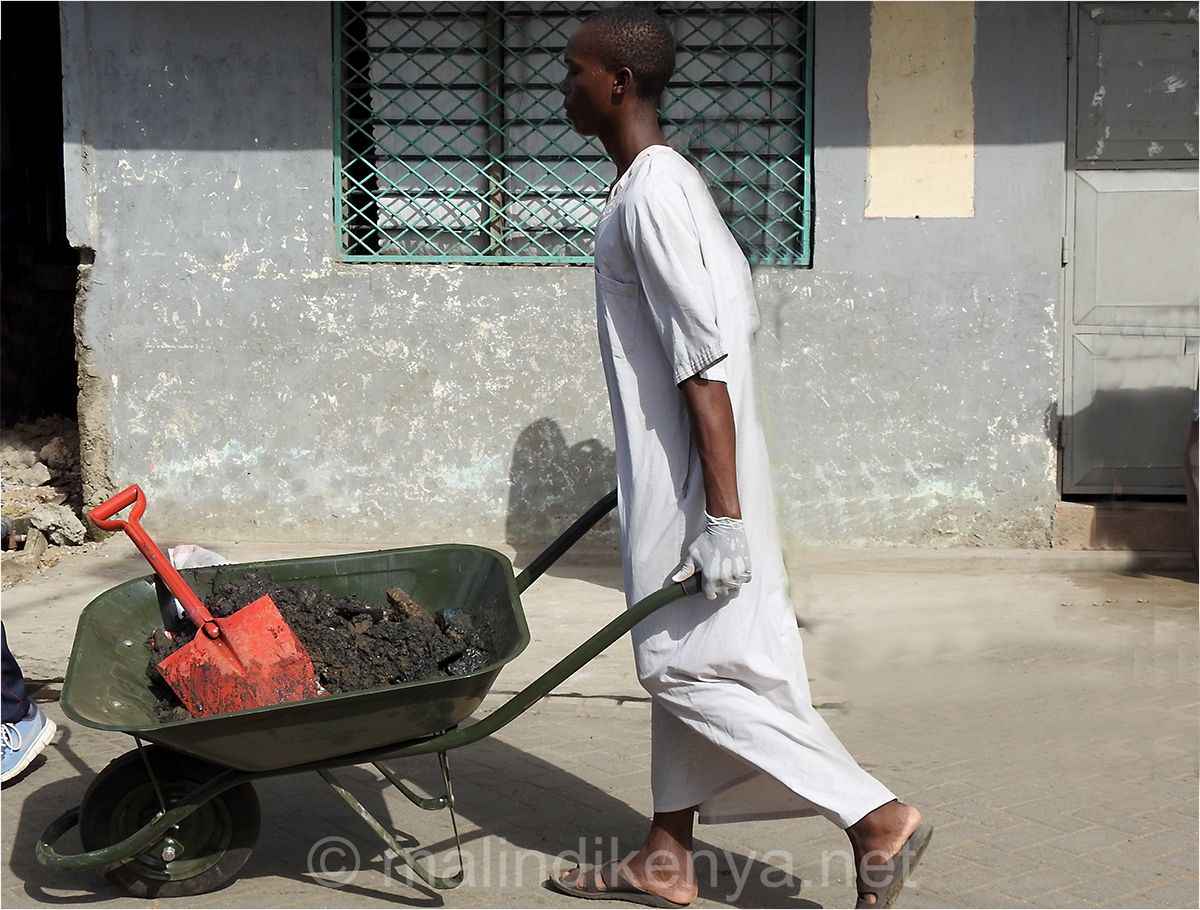
In a year's time, Kenya will go back to the polls and in fact the election campaign has already begun.
An unusual campaign, which is manifested in other places. Certainly not in squares or stadiums, due to the restrictions of the pandemic that prohibits gatherings, but not even in Parliament, where the majority and the opposition, although nominally divided into two distinct poles, in fact represent a single side. Let us see why.
HOW THE 2022 ELECTIONS COME ABOUT
Every five years, since the introduction of the multiparty system in 1992, free elections are held (almost always). The system is that of a Presidential Republic, in which the Head of State practically combines the powers of the President and the Prime Minister. Under the Constitution, a President cannot serve more than two terms.
In 2022 Uhuru Kenyatta's eligibility expires and the hunt is on for a new name or an old hand in national politics.
After the ethnic-social instability that led to the post-election chaos of 2008 (elections were held in the last days of December 2007) and the referendum to approve substantial changes to the Constitution, including the introduction of Devolution and Counties, the October 2017 polls seriously brought the nation to the brink of Civil War. The incumbent opposition candidate Raila Odinga, representing the Orange Democratic Movement (ODM) party, after conceding defeat and winning an appeal to the Supreme Court on the unconstitutionality of the elections, declared new fraud in the re-run election and withdrew from the contest. This time, Justice did not agree with him and the ruling Jubilee party won.
The difficult management of Parliament and the risk that the country might relapse into tribal infighting led Uhuru Kenyatta and Raila Odinga, two long-standing rivals (urged on in no small measure by the country's international creditors, first and foremost China and the United States) to sit down at a table and identify a strategy that would give Kenya political and economic stability over the years.
All it took was a handshake and the often bloody relations between the majority and the opposition, which in Kenya have always been identified with the hostility of the two most powerful tribes, Kikuyu (Kenyatta, son of the first historic President of independent Kenya) and Luo (Odinga, son of the first Vice-President and then for a long time a great opponent of power), were decidedly improved.
THE BBI AND THE UNKNOWN RUTO
Behind the 'shaking hands' there is in fact a great alliance that seeks to weaken its great rival, the man highlighted as an element of instability because he belongs to a minor but volatile and very aggressive tribe. The current Vice-President William Ruto has behind him not only 'his' Kalenjin, who alone would not allow him to be elected but have proved instrumental in shifting votes for both Odinga previously and Kenyatta later, but also part of the country's rampant ruling class, including members of all the country's ethnic groups.
As a first move, he founded a new party, the Wheelbarrow Party, and called other smaller political forces into a new alliance, the UDA (United Democratic Alliance), which included not only Kalenjin politicians, but also members of other tribes and inter-ethnic formations.
Ruto is a man of great charisma and has the impact on the people of the successful self-made man who started from poverty and not, like Uhuru and Raila, was born with a silver spoon in his mouth and grew up as a billionaire scion.
But the Vice-President is also synonymous with an uncertain future for foreign markets and for those who want to invest long term in Kenya. This is why the grand alliance of the two leaders of the majority and opposition
has come up with the BBI (Building Bridges Initiative) - CLICK HERE TO LEARN WHAT THE BBI IS - a shared programme that will lead to a national referendum to amend the Constitution once again. In this case, an attempt will be made to transform the Republic from a presidential to an 'oligarchic' one, introducing the role of the Prime Minister alongside that of the President (as happened for a few months after the 2008 riots, on the advice of the great peacemaker Koffi Annan).
This change would allow Kenyatta to remain at the top of the state as Prime Minister and the elder Odinga to finally crown his dream, that of his father and the entire Luo population, of being President of the Republic of Kenya.
Under them, according to the bill suggested by the BBI, as many as 2 vice-presidents and 2 deputy ministers.
This is why this electoral round will be different from all the others, because in June there will presumably have to be a referendum that will legitimise or not the change and could in fact already sanction the next government. In this case, the electoral campaign would become a pure and simple hunt for seats ready to be assigned to those who will side with the Grand Alliance. The steps leading up to the referendum are taking place over the next few days and require each of the 47 county parliaments to approve the BBI bill. Once 24 counties have passed it, the government will ask the Senate and the House (where the majority is overwhelming because of the alliance itself) to hold the referendum, which is expected to take place in June.
In the meantime, William Ruto, who has become the only real leader of the future opposition, even though he paradoxically occupies the Vice-President's chair, is looking for alliances among the disappointed, the discarded, the power-hungry, the undecided minorities and the ethnic groups who see the possibility of not being well represented by the first Kikuyu-Luo leadership in Kenya's history.
THE CURRENT SITUATION
These days the various counties are discussing and voting on the BBI programme. Already 13 parliaments have voted in favour of the joint initiative of the Jubilee and ODM parties, while only Baringo County, one of William Ruto's five strongholds, has voted against.
The verdicts from the counties in the region closest to the Luo, between the Masai lands and Lake Victoria, are expected in the coming days and there should be no surprises for the grand alliance. More uncertain are the counties in the north of the country, which are already endemically infested with infighting between tribes and undermined by land conflicts between semi-nomadic herders.
Some counties have asked for extensions, perhaps to see how the wind blows, while the decision of the six coastal counties will also be decisive. They have always been united and almost all have an ODM majority, although in recent years many MPs who had joined when Ruto was a member have also joined them. Now that the Vice-President has taken a different and autonomous direction, the idea of forming a coastal party that could ally itself with Ruto himself, once his role as leader of the new opposition has been established. The Governor of Mombasa, Hassan Joho, who is loyal to Raila Odinga and is also indicated as one of the possible future vice-presidents, does not seem very keen on such a solution. For the moment, in short, even on the shores of the Indian Ocean, the game is being played in a vacuum. But it is only a matter of days (according to Raila Odinga, a majority could be achieved this week), and long before June and the referendum indications, the teams will inevitably be assembled and the games will begin.
REFERENDUM
by redazione
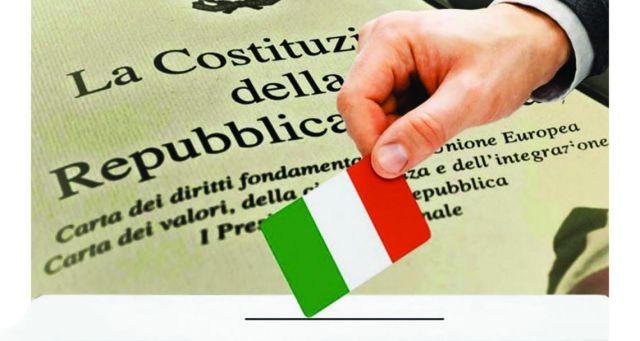
On June 12, 2022 the Italians will vote on five popular referendums that particularly...
EVENTS
by redazione

Conference in Nairobi on Constitutional Referendum organized in collaboration with No Gags for Journalism Studies Center.
They will participate in the constitutional Lorenzo Spadaccini, a professor at the University of Brescia, the economics professor Giovanni La Torre and Senator of...
POLITICS
by redazione
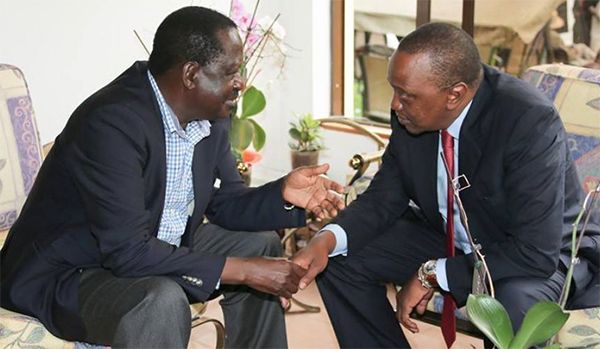
It's official, also the Supreme Court of Kenya has rejected the main requests of the so-called popular...
POLITICS
by Freddie del Curatolo
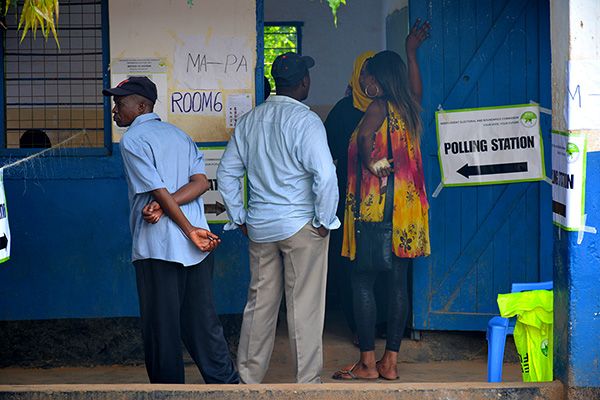
Kenya is heading towards a constitutional referendum to change 58 articles of its laws, 10...
ITALY
by redazione

From this year also those who spend most of the year in Kenya but is not a resident member of the Italian Citizens Residing Abroad (AIRE) may vote at the upcoming Constitutional Referendum Italian from his vacation spot, provided that...
POLITICS
by Freddie del Curatolo
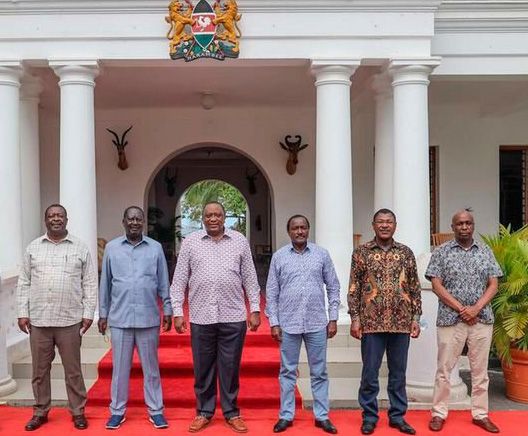
Today, Friday, August 20, is a very important day for Kenyan politics, just under a year from...
POLITICS
by Freddie del Curatolo

Time is running out and not everything is ready for the organization of the next national elections in...
POLITICA
by redazione
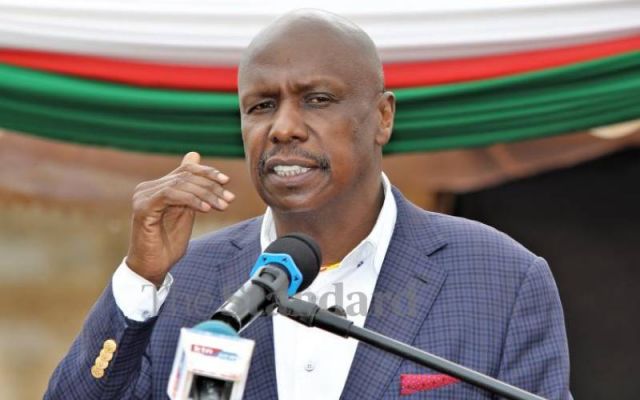
It is official, after the old, historic leader of the former opposition and serial loser Raila Odinga now allied with...
NEWS
by redazione
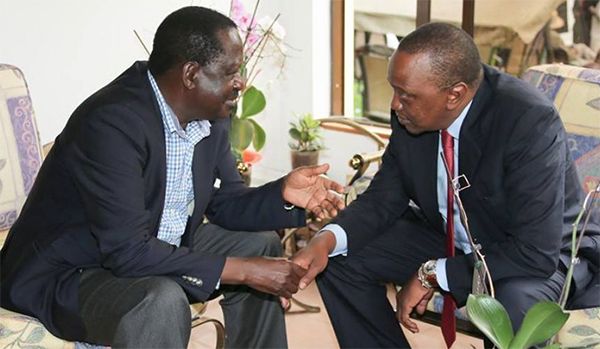
Uhuru Kenyatta and Raila Odinga's proposal to reach a national referendum to change some articles...
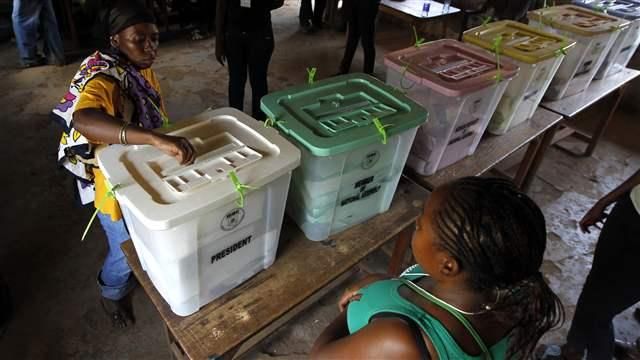
POLITICS
by Freddie del Curatolo
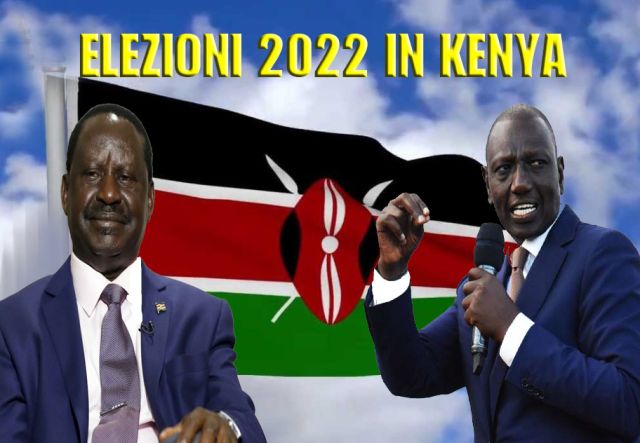
We continue with updates on the Kenyan political situation as we progressively approach the...
NEWS
by redazione

After the deadline for filing an appeal against the results of the 9 August elections, which saw outgoing...
POLITICS
by redazione
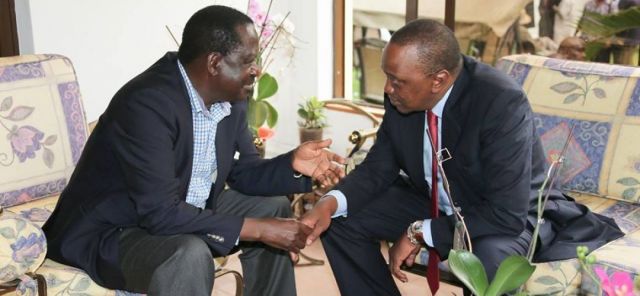
Uhuru Kenyatta would be confirmed President of the Republic of Kenya.
This says the most recent survey of the specialized agency IPSOS, which reports the leader of the government party to...